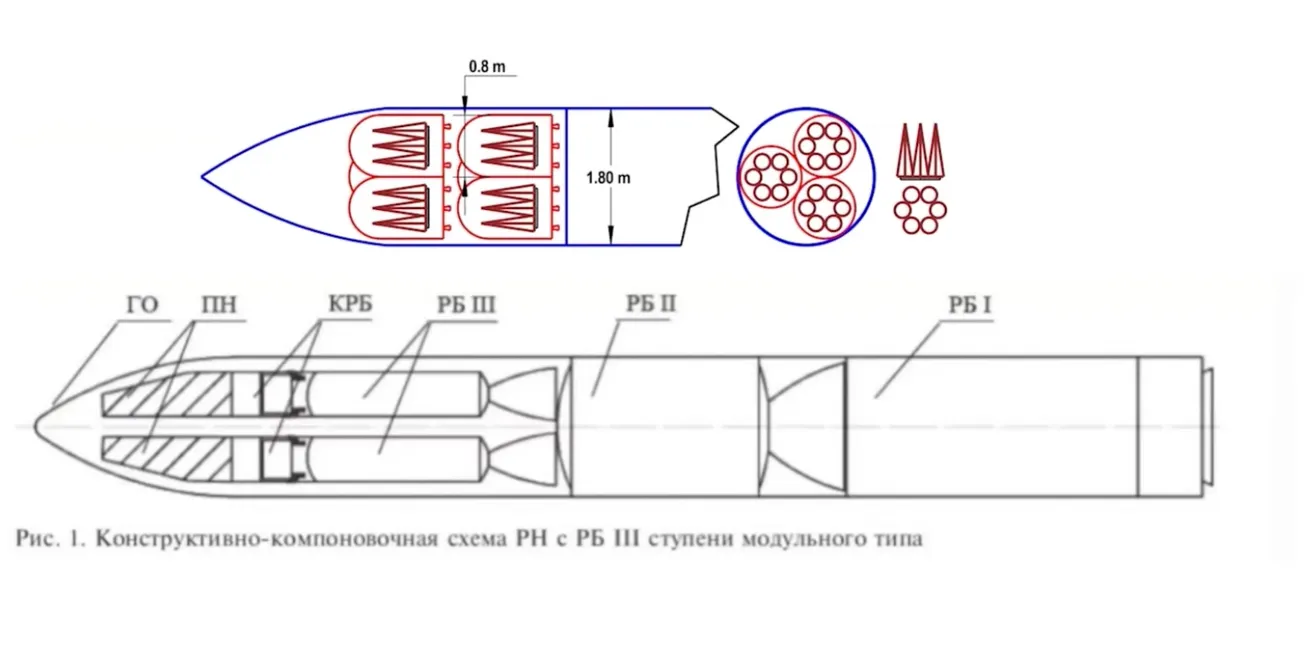On Nov. 21, the Russian military hurled a very loud message at Washington, D.C., when their new hypersonic ballistic Oreshnik missile hit a military-industrial site in Dnipro, Ukraine, coming in at breathtaking speeds, far faster than any present-day air defense system is capable of dealing with. And, of note, it proved that it hits where it is aimed.
The mindset of Western geopoliticians has been that Russian President Vladimir Putin has been bluffing for two decades and is still bluffing—that Russia’s reliance upon non-linear, asymmetric strategies simply could not pan out. So, the “game-theory” experts all knew that the next gamble, sending Western long-range missiles hundreds of miles from Ukraine into Russia, just had to work, calling Putin’s bluff, further delimiting Russia strategically and politically.
Today, when Time magazine finally published the transcript of their Nov. 25 interview with President-elect Donald Trump, there was a glimpse into what a normal, common-sense political leader should have been thinking in the immediate days and hours after Russia’s message. He said: “I disagree very vehemently with sending missiles hundreds of miles into Russia. Why are we doing that? We’re just escalating this war and making it worse. That should not have been allowed to be done. Now they’re doing not only missiles, but they’re doing other types of weapons. And I think that’s a very big mistake, very big mistake.… I think the most dangerous thing right now is what’s happening, where Zelenskyy has decided, with the approval of, I assume, the President [Biden], to start shooting missiles into Russia. I think that’s a major escalation. I think it’s a foolish decision.”
Then, of no little note, he offered: “But I would imagine people are waiting until I get in before anything happens. I would imagine. I think that would be very smart to do that.” And, hence, the reason that the period between now and Jan. 20 is fraught with such extreme danger. Will Moscow be able to wait, be able to steer themselves through the provocations, betting that future necessary negotiations for a peaceful outcome will address the common security concerns of Europe and Asia?
Yesterday, after almost two weeks that had no long-range missiles had been fired from Ukraine into Russia, six U.S. ATACMS missiles were launched. The Russian military, along with Kremlin spokesman Dmitry Peskov, were relentlessly calm and blunt: There will be a response. And no one should expect it to be any more “tit-for-tat” than the Nov. 21 response. So, the question is, what will it take to get Western leaders to open their eyes?
The sober reality is that Russia, under the strained situation of sanction-warfare, is for the present period qualitatively ahead of the West in military capabilities, being able to penetrate any Western country’s air defenses freely. That will be the case until the U.S. develops a workable hypersonic weapon or a workable new defense system against missiles travelling at Mach 11. Don’t hold your breath. It won’t be tomorrow. Worse, Putin is convinced that the West is equally deaf and blind to its addiction to a $36-37 trillion U.S. debt, growing at cancerous rates.
The Schiller Institute, along with a growing number of collaborators, and an increasingly sober audience, has been convinced of this fin de siècle decay, this imperial addiction to gambling with ever-new “financial derivative” products, this reckless disregard for what the culture offers the next generation, for decades now. Yet, its relentless optimism and its passion for the “better angel” of Classical Western culture has churned out economic development projects, spelling out the concrete benefits from putting human ingenuity to work at real, collaborative projects for advanced and development sectors to prosper. Its latest Dec. 7-8 conference addresses exactly what it will take to get Western leaders to open their eyes—or, at least one of them. The trick is that honest people have to intervene on your public representatives, as if they actually represent you.
If Donald Trump, with his known strategic and cultural limitations, can recognize the insanity of poking the Russian bear, especially after the bear displayed that, scientifically and militarily, it wasn’t bluffing, then any citizen meeting the “Trump standard” can take the Schiller Institute program and the lessons of last weekend, talk to any adult in sight, and organize calls and visits to their poor members of Congress to stop the firing of U.S. long-range missiles into Russia from Ukraine. Why should Trump be the only one to send a message to Moscow that it would be good to be alive on Jan. 20?
Here’s a starter kit:
• One-page leaflet to wake up your Congress member and your neighbors
• All four panels of the Schiller Institute’s Dec.7-8 conference, “In the Spirit of Schiller and Beethoven, All Men Become Brethren!”
• Yesterday’s live weekly dialogue with Schiller Institute founder and chairwoman Helga Zepp-LaRouche, entitled, “Schiller Institute Breaks Through the Fog of War”
• Register for Friday’s weekly consecutive Zoom discussion, No. 80, of the International Peace Coalition







